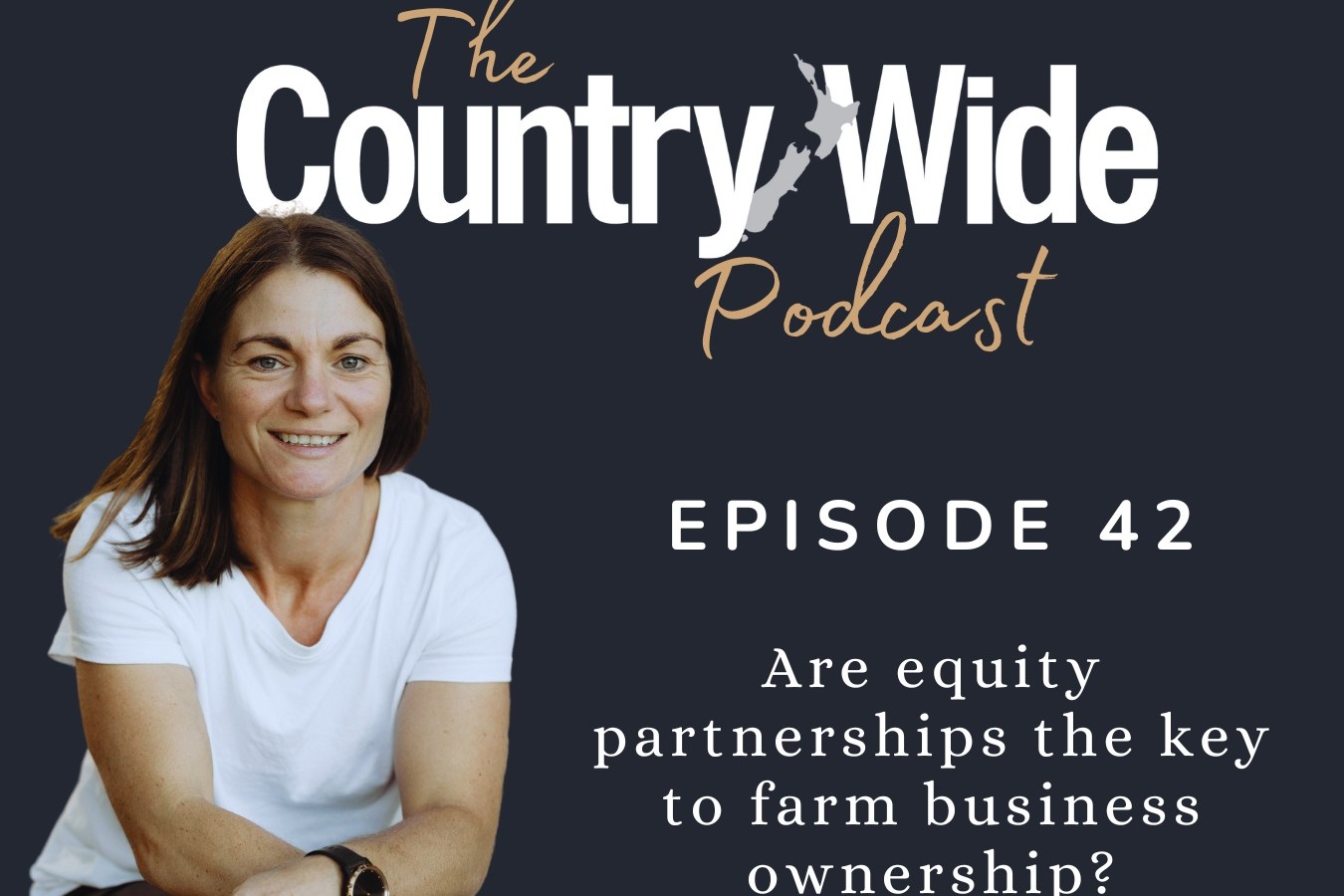Episode 28 – How to make or break our future with emissions?
The government has announced that agriculture will no longer be included in the Emissions Trading Scheme (ETS) for now, but the effects of climate change and the way we might potentially price agricultural emissions are still front of mind for those in the sector. Industry bodies say that New Zealand food producers need to think about how a global demand for sustainably grown and produced food will impact our place in the supply chain.
Guests include:
- Wayne Langford, National President, Federated Farmers
- Kerry Worsnop, Gisborne sheep and beef farmer
- Sirma Karapeeva, CEO, Meat Industry Association
Hosts:
- Rebecca Greaves, Editor, Country-Wide
- Sarah Perriam-Lampp, Managing Director, CountryWide Media
Federated Farmers President Wayne Langford says he’s confident we’ll reach our emissions targets by 2050, but it’s not something that will happen overnight. He discusses the risks of losing our place in the market overseas, which would see other countries produce the same products as us, but less efficiently. He says emissions need to be a global discussion, not a New Zealand alone one, given we’re already some of the most efficient food producers in the world.
Gisborne sheep and beef farmer Kerry Worsnop says she’s noticed there’s nothing really to take a read from now, and she’s not confident there’s been a good enough understanding of what farmers think. She says there needs to be an understanding of what farmers believe a sensible direction for emissions pricing would be, and make the most of our uniquely nature focussed farm systems, that stand out in the global market.
CEO of the Meat Industry Association, Sirma Karapeeva, says not being included in the ETS gives us a good opportunity to make sure farmers have all the tools to succeed when emissions pricing eventually does come into effect. She says sustainable food production systems are becoming a firm customer expectation, and we need to be prepared to meet that demand to stay commercially successful overseas.




